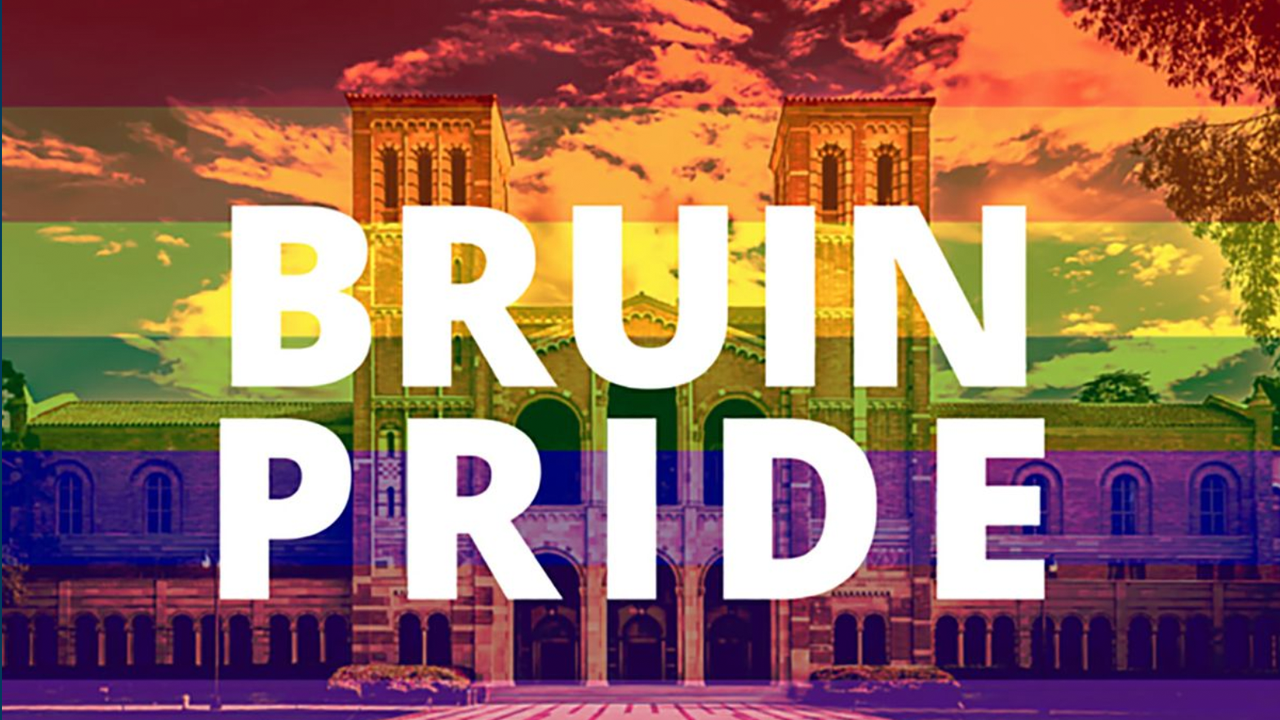UCLA has a long and storied history of LGBTQIA+ advocacy and research. From UCLA urologist Elmer Belt performing some of the earliest gender-affirming surgeries in the 1950s to UCLA psychologist Evelyn Hooker presenting research that was widely considered to be foundational to homosexuality being removed from the Diagnostic and Statistical Manual of Mental Disorders in 1973 to the founding of the LGBT Faculty and Staff Network in 1989 and the establishment of domestic partner benefits for employees throughout the University of California system – and everything in between and that has followed since, UCLA has been at the forefront of progress.
In addition to being one of the nation’s leading colleges when it comes to providing a friendly, safe and inclusive environment for LGBTQIA+ communities, the campus is home to UCLA’s Gender Recognition Act Implementation Task Force, which guides strategic approach to legal changes impacting the LGBTQIA+ community and works to create greater inclusion on campus. The committee is co-chaired by Kelly Schmader, assistant vice chancellor for Facilities Management, and includes Anne De La Cruz, director of human resources and payroll operations center, Campus Human Resources, and Michael Van Norman, chief technology officer, IT Services, who recently retired, among its representatives. Team members across UCLA Administration have been integral to the execution and implementation of the group’s recommendations.
For example, UCLA now has roughly 300 gender-inclusive restrooms (GIRRs). See map. Over the past year and a half, the number of multi-stall GIRRs increased from 1 to 11 in locations ranging from the Law School, Powell Library and Boelter Hall to the Broad Art Center, the Student Activities Center and Macgowan Hall, to name a few. Accessibility to all-gender facilities in UCLA’s on-campus residential community was also recently improved.
In addition, the campus data systems have been aligned with the Lived Name and Recognition Policy to ensure that all individuals are identified by their accurate gender and lived name — that is, the name by which they’re recognized in daily life, not the name that appears on their birth certificate — on university-issued documents and in UC’s information systems.
Committee members have prepared a Principles for UCLA Lived Name, Legal Name, Pronoun, Gender Identity, and Sexual Orientation Data for campus departments and programs to support data system conversion efforts both internally with campus partners and external vendors. Per UC policy, these changes apply to all individuals in the UCLA community.
The committee also collaborated with several campus groups, including the Office of Equity, Diversity and Inclusion, to develop the UCLA EDI Education Series module on Understanding Gender and Sexual Orientation: Best Practices for Fostering Inclusion and Preventing Discrimination. Please take a moment to complete the module if you haven’t already done so. It is one of two produced in late 2022. The Understanding and Preventing Discrimination module also touches on some elements germane to understanding discrimination and harassment based on sexual orientation and gender/identity/expression.
This article is featured in the latest edition of the UCLA Administration Equity Council newsletter. Each Administration department has a designated equity advisor. Have you experienced an EDI-related incident? See options for reporting.

